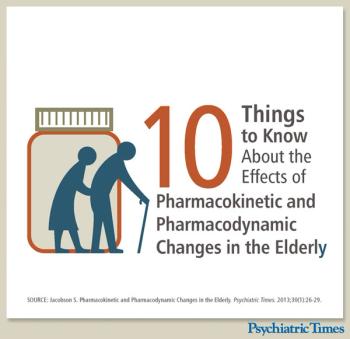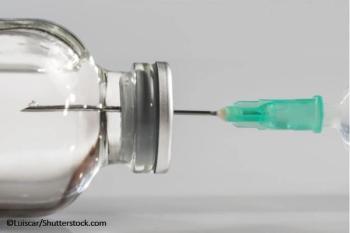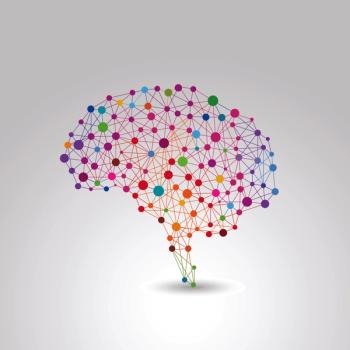
If patients decline electroconvulsive therapy, psychiatrists still have many good options.

If patients decline electroconvulsive therapy, psychiatrists still have many good options.

Aducanumab is named 1 of the 5 “Drugs to Watch” for 2021.

Does switching antipsychotics quell weight gain in patients with severe mental illness? A meta-analysis of 59 relevant studies provides insights.

It is important to monitor and alter psychotropic medications and dosages in older patients as needed. This slideshow serves as quick reference on the effects of pharmacokinetic and pharmacodynamic changes in the elderly.

Are current systems of mental health care alienating children and adults from the meaning inherent in their own emotional difficulties?

A study finds that testing genetic variations can predict outcomes and medication blood levels in patients with depression.

How often do your patients share with you the positive and negative effects of medications?

This comprehensive approach for assessing and addressing potential cardiac complications before prescribing psychotropics can enhance care.

Psychiatrists who prescribe certain medications need to mitigate cardiac risks.

As we learn about the effect of COVID-19 on patients with bipolar and other psychiatric disorders, clinicians should be prepared to ask questions to uncover new syndromic behaviors.

Why are serum levels so important?

Research on a new kind of cannabis treatment prepares to move forward.

As physicians first, psychiatrists must consider the big picture, without reflexive and thoughtless prescriptions for psychotropics—even if many, including medical professionals, assume that is all we do.

Nearly half of the prescriptions for benzodiazepine among older adults are potentially inappropriate, so how best to do no harm?

As our knowledge about herbal cannabis, the endocannabinoid system, and cannabinoid pharmacology expands, should psychiatrists discuss these issues with their patients?

Although botulinum toxin does not have regulatory approval for the treatment of depression in the United States, some reports indicate neurotoxin treatment may mitigate symptoms.

Be on the lookout for these novel psychoactive substances.

When we finally open a trap door to explain or further understand a hypothesis, the answer often includes a house full of hallways.

How can the best insights of mainstream and critical psychiatry be brought together?

There is much to look forward to in the realm of improved treatments for patients with psychiatric illness.

Findings bring us closer to understanding schizophrenia that may enable clinicians to target symptoms.

Sildenafil and trazodone were inadvertently bottled together, posing serious health risks to consumers.

When switching to this long-acting injectable antipsychotic, how long should an oral pre-switch antipsychotic be continued? Find out in this quiz.

Drug-drug interactions are complicating COVID-19 treatment. Read what you need to know to keep yourself and your patients safe before and during COVID infection.

These techniques may help promote self-efficacy and elicit patients’ commitment to resolve ambivalence about treatment.